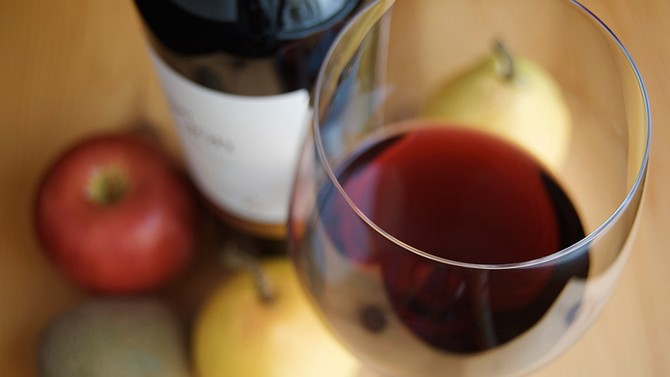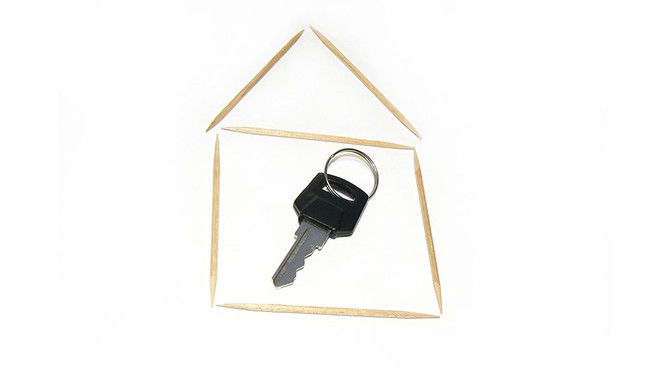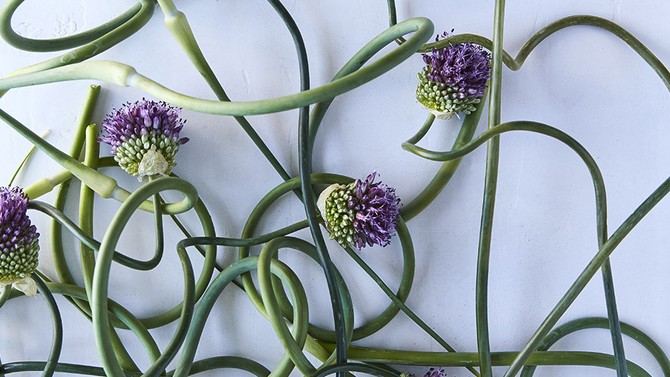5 Tips to Keep Your Mind and Body Young
These simple strategies can help you feel ageless.

Photo: DKart/iStock
Feed Your Curiosity
Go to the library, or the Louvre. Older people who had engaged in more mentally stimulating activities during their lives had a slower rate of cognitive decline, says one Rush University study.

Photo: Jason Poole/iStock
Have Another Apple
(Or some asparagus, or a glass of win. Or all three).
They're high in quercetin, a flavonoid that may extend your "health span," i.e., years lived free of disease. In a study published in the journal Aging Cell, researchers found that in mice quercetin selectively kills off certain senescent cells, which accumulate with age and are believed to accelerate the aging process.
They're high in quercetin, a flavonoid that may extend your "health span," i.e., years lived free of disease. In a study published in the journal Aging Cell, researchers found that in mice quercetin selectively kills off certain senescent cells, which accumulate with age and are believed to accelerate the aging process.

Photo: Leks_Laputin/iStock
Build a Shrine to Your Past
It's good for the spirit to make your history part of your home.
The people of Okinawa, Japan—whose life expectancy is one of the longest on the planet—place ancestor altars, which typically showcase photos of deceased loved ones, in a prominent room of their house, says Dan Buettner, a National Geographic fellow and author of The Blue Zones Solution: Eating and Living Like the World's Healthiest People. "It's important to feel connected to something bigger," says Buettner, "and remembering where you came from can bring meaning and joy into your life." In a place you see often, hang family photos and mementos—even little things, like your kid's toothpick art, a postcard from your favorite summer vacation spot, the cartoon your husband doodled on your first date.
The people of Okinawa, Japan—whose life expectancy is one of the longest on the planet—place ancestor altars, which typically showcase photos of deceased loved ones, in a prominent room of their house, says Dan Buettner, a National Geographic fellow and author of The Blue Zones Solution: Eating and Living Like the World's Healthiest People. "It's important to feel connected to something bigger," says Buettner, "and remembering where you came from can bring meaning and joy into your life." In a place you see often, hang family photos and mementos—even little things, like your kid's toothpick art, a postcard from your favorite summer vacation spot, the cartoon your husband doodled on your first date.

Photo: Gentl and Hyers
Forget Regret
Let it go! In one study, neuroscientists found that healthy older adults showed more activity in the brain's anterior cingulate cortex—which may help regulate regret—than depressed people in the same age group and in younger people. Researchers speculate that when we're young, regret may serve a purpose by spurring us to change, but as we age, it just makes us miserable.

Photo: Diane Diederich/iStock
Go Fly a Kite
A 2015 review found that adults who are playful—spontaneous, uninhibited, and "fun-seeking"—are better at managing stress and tend to be more motivated.
From the September 2016 issue of O, The Oprah Magazine

